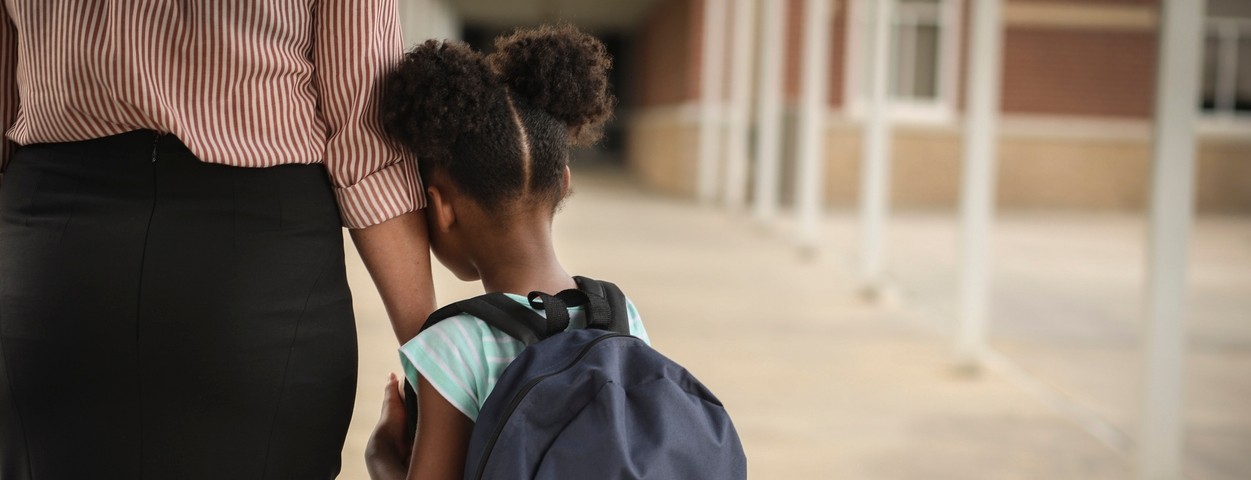
AP: Black kids face racism before they start school, driving a mental health crisis
Black children report experiencing an average of five instances of racial discrimination per day, causing a profound impact on their mental health. Research and data show a growing mental health crisis among Black youth over several decades, including a rise in prevalence of suicide attempts among Black adolescents of nearly 80%.
Steven Kniffley Jr., PsyD, senior associate dean for diversity, equity and inclusion at the University of Cincinnati College of Medicine, told the Associated Press that children of color as young as 4 to 6 years old begin to experience race-based traumatic stress.
This racism affects mental health on multiple levels, including direct hostility and microagressions, but also the toll of seeing other people of color subjected to racist violence, he said.
“When we think about our young folks specifically, because of the strong influence of social media on their lived experience, they’re constantly inundated and really overexposed to all the bad things that are going on in our society,” said Kniffley, who also serves as an associate professor in the College of Medicine's Department of Psychiatry and Behavioral Neuroscience. “You see a police shooting, and they’re retraumatized over and over again.”
Black adolescents are far less likely than their white peers to seek mental health care, in part due to a long history of systemic racism and mistreatment of Black patients by the medical community. There is still work to do on that front, as the American Psychological Association reports only 4% of psychologists are Black and Kniffley noted 80% of mental health providers are not trained in treating race-based trauma.
Specifically within mental health care, racist treatment of Black people includes the 1850s diagnosis of "drapetomania" that argued enslaved Black Americans were driven to escape to freedom due to mental illness. In 1968, psychologists developed the theory of "protest psychosis" that claimed Black male participation in the Civil Rights Movement caused violent, schizophrenic symptoms.
“That legacy has contributed to a mistrust that Black and brown folks have where their experience has been pathologized,” Kniffley said. “They’ve been overlabeled with behavioral challenges and learning challenges that have very real-world consequences in terms of what type of schooling you get, what type of jobs are accessible to you, how people treat you.”
Read the Associated Press story.
Featured photo at top of a child holding an adult's hand outside of a school. Photo/fstop123/iStock.
Related Stories
UC alum aims for summer Olympic debut
February 23, 2026
With the 2026 Winter Olympic Games coming to a close, attention now turns to the summer games coming up in Los Angeles in 2028. Beach sprint rowing is a relatively new sport that is surging in popularity due to its inclusion in the 2028 Los Angeles Olympic Games. Spectrum News 1 spoke with Lindner College of Business alum and most-decorated beach sprint rower of all time, Christopher Bak, on his Olympic-sized goals.
Fentanyl overdoses hitting the elderly
February 23, 2026
The University of Cincinnati's Daniel Arendt was featured in a Jacksonville news station News4Jax report on the increase in fentanyl overdose deaths in seniors.
UC/UC Health Addiction Center to advance addiction research, treatment and education
February 23, 2026
The University of Cincinnati and UC Health have launched the UC/UC Health Addiction Center, a multidisciplinary initiative designed to unite research with clinical and educational expertise to improve addiction prevention and treatment outcomes in the Greater Cincinnati community and beyond.
